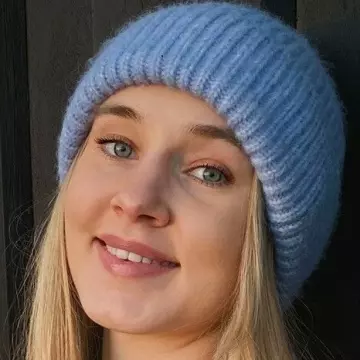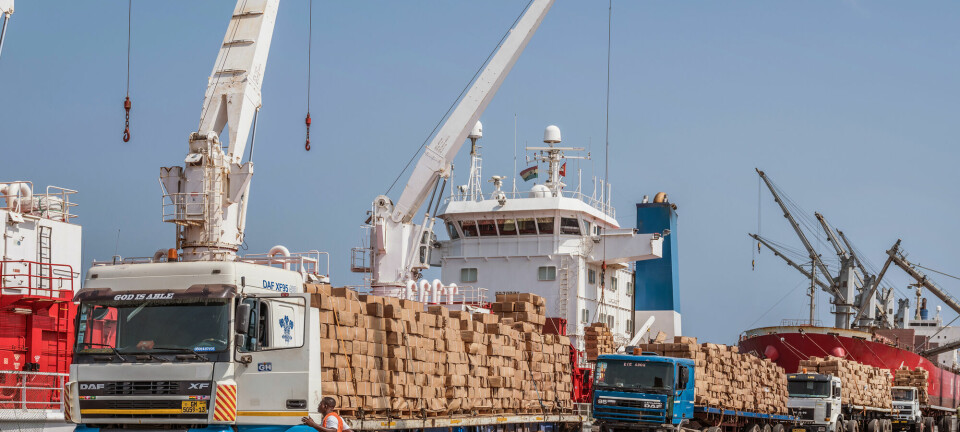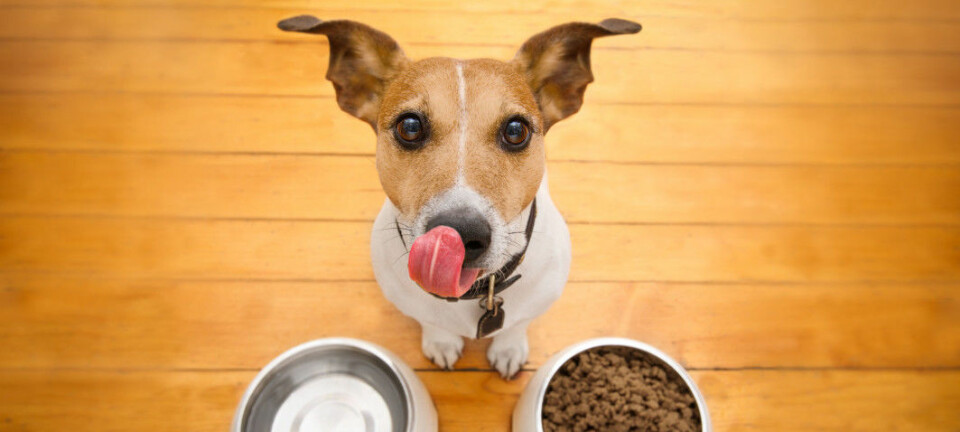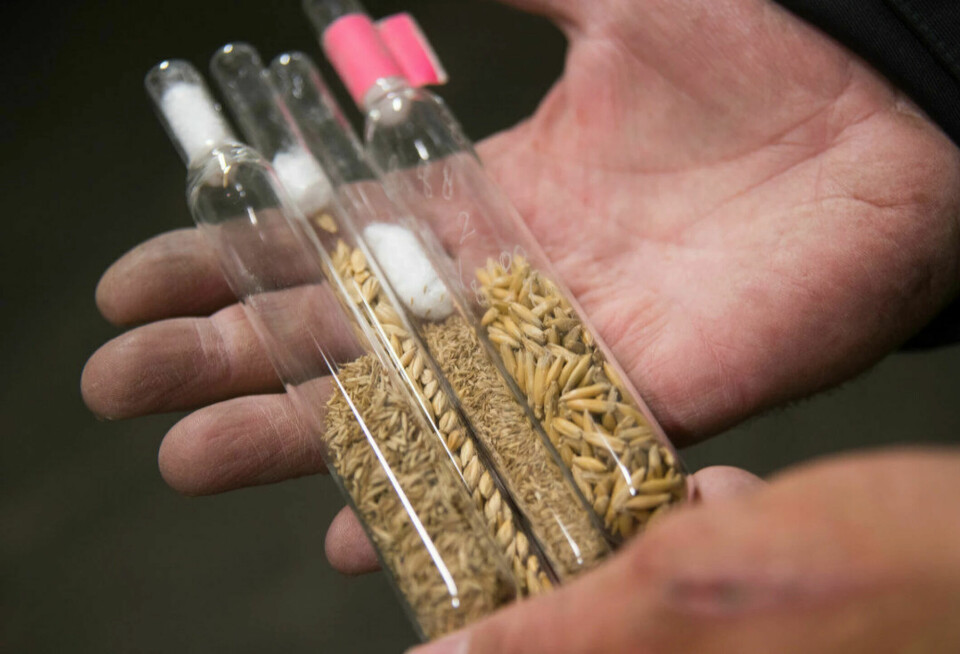
Over a million seeds are stored behind locked doors on Svalbard
The Svalbard Global Seed Vault is the largest in the world.
If someone manages to rob this vault on Svalbard, they will probably be a bit disappointed. That’s because the vault doesn’t store money, but large quantities of seeds!
But they may prove to be more important than money.
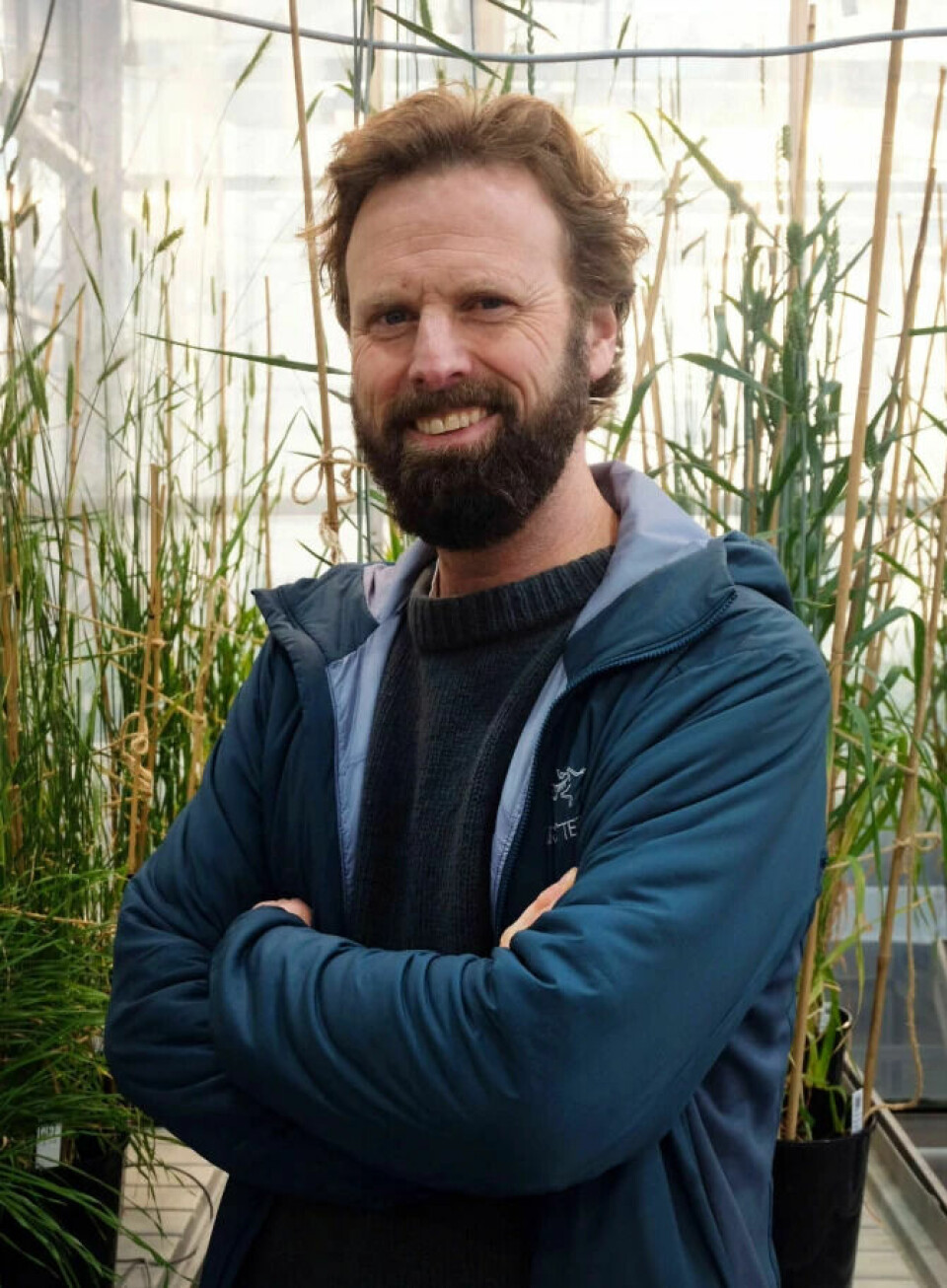
Protected against war and fire
“Over a million seeds are safely locked away here,” Ola Westengen says. He is a researcher and former head of the seed vault.
They come from wheat, corn, rice, and other cereal grains.
The seed vault protects them against war, climate change, fire, and theft.
But why does such a seed vault even exist?
“The goal is to store all genetic variation in the food plants,” the researcher says.
By this, he means different species and varieties. Rice is a species, while basmati and jasmine are different varieties of rice.
Some types of rice taste best as porridge, while others are more suitable for sushi or risotto.
Even more important is that these rice varieties adapt to various environmental conditions worldwide.
“We have rice that thrives best underwater, and we have rice that likes being 3,000 metres up in the mountains,” Westengen says.
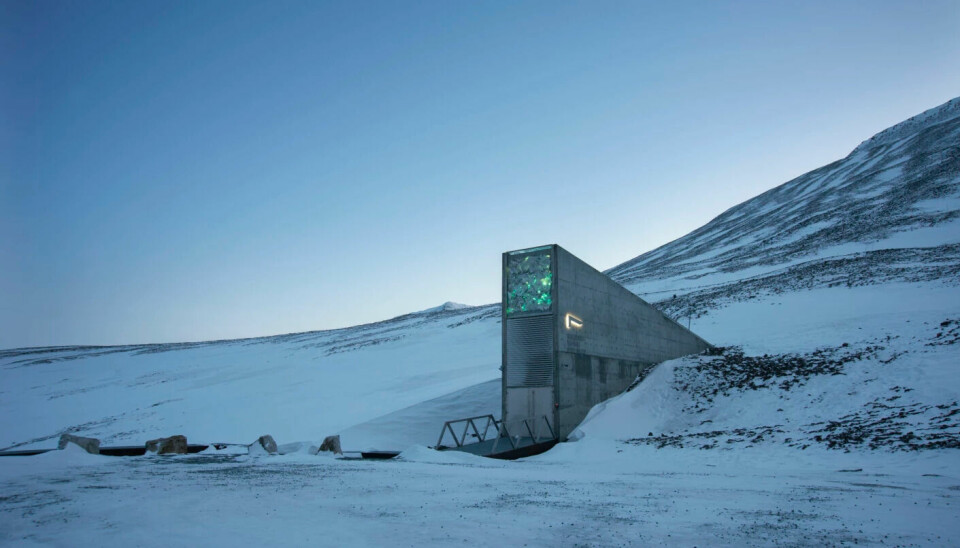
Bananas are in danger
Most viewed
The diversity among plants provides greater security for future food supply.
Just like when a sick person attends school, some may catch the illness while others remain unaffected.
“This principle applies to plants as well. Their varied traits enable them to resist different types of threats and diseases,” Westengen explains.
“How did these varieties become so different?”
“Over thousands of years, they’ve evolved genetic differences through natural influences and human cultivation,” he says.
Westengen expresses concern about bananas.
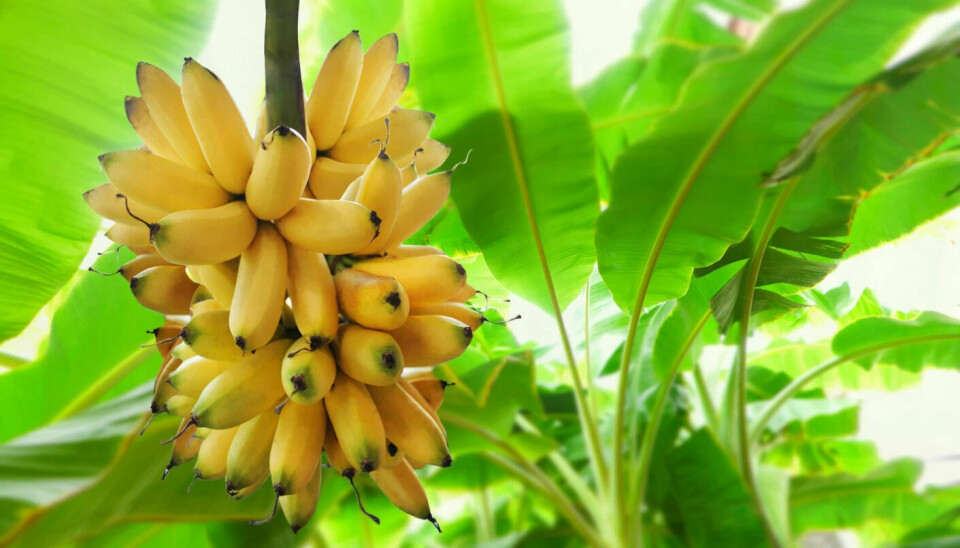
“Virtually all bananas on the market are genetically identical,” he says.
Having a wider range of banana varieties would increase the likelihood of some avoiding or only mildly succumbing to diseases.
“They are all currently susceptible to the same disease,” he says.
The world's first seed vault
“Seeds are so important that nowadays, most countries have a seed vault,” Westengen says.
The idea started with a Russian researcher named Nikolaj Vavilov.
“Already in the early 1900s, he understood that it would be important to preserve seeds for the future,” he says.
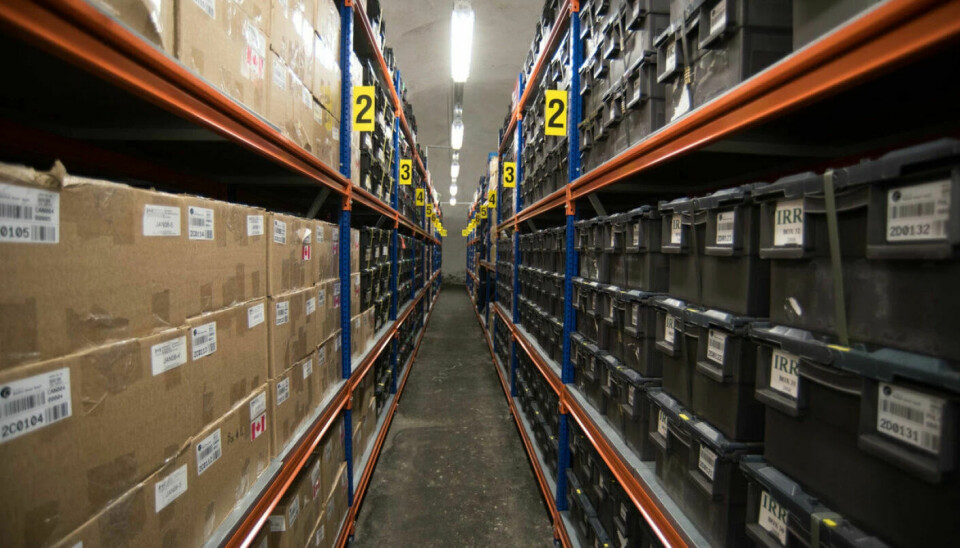
This led to a significant search for seeds and the establishment of a seed vault in today’s St. Petersburg, Russia. This seed vault is still exists today.
The seed vault is a backup
Seed vaults are meant to be secure, but there have been instances where things did not go as planned.
“The Iraqi seed vault was looted during the war, and the Philippines lost theirs in a typhoon,” says Westengen.
Therefore, seed vaults require an additional layer of protection, much like a backup hard drive for photos and documents.
“And that's exactly what we have in Svalbard,” says Westengen.
In Svalbard, seeds from countries like Mexico and North Korea can be safely stored.
———
Translated by Alette Bjordal Gjellesvik
Read the Norwegian version of this article on ung.forskning.no







